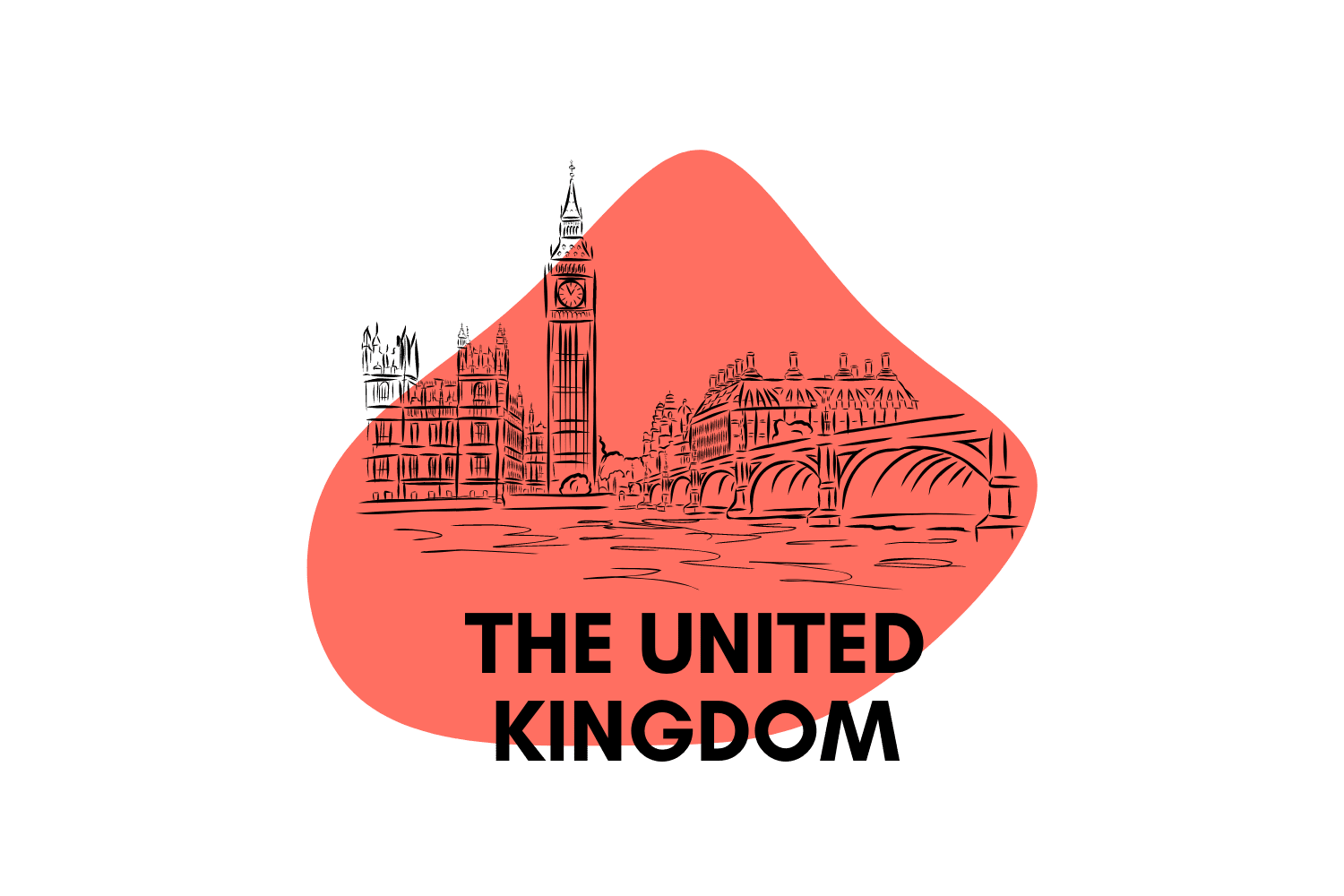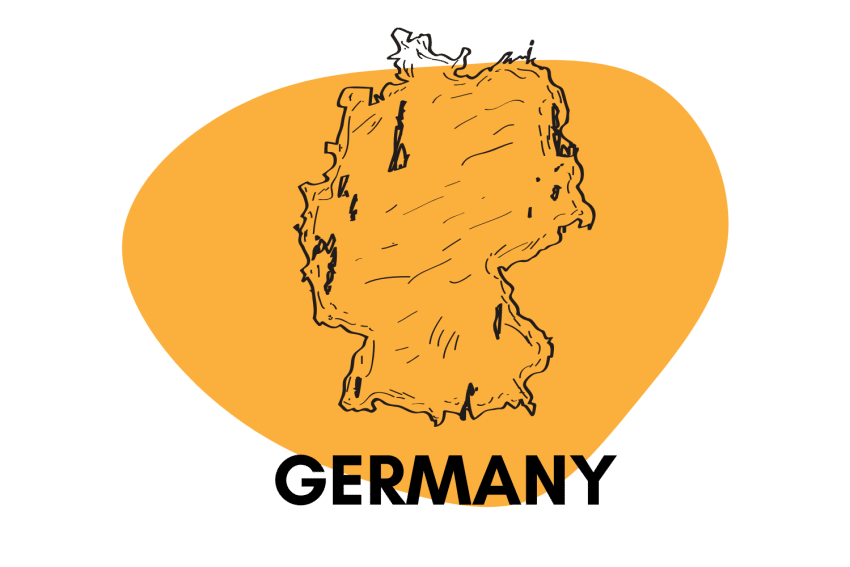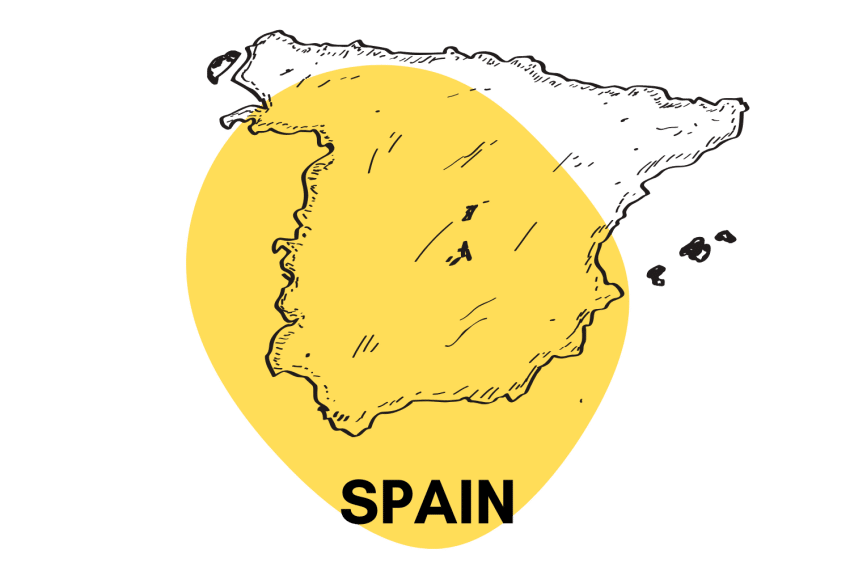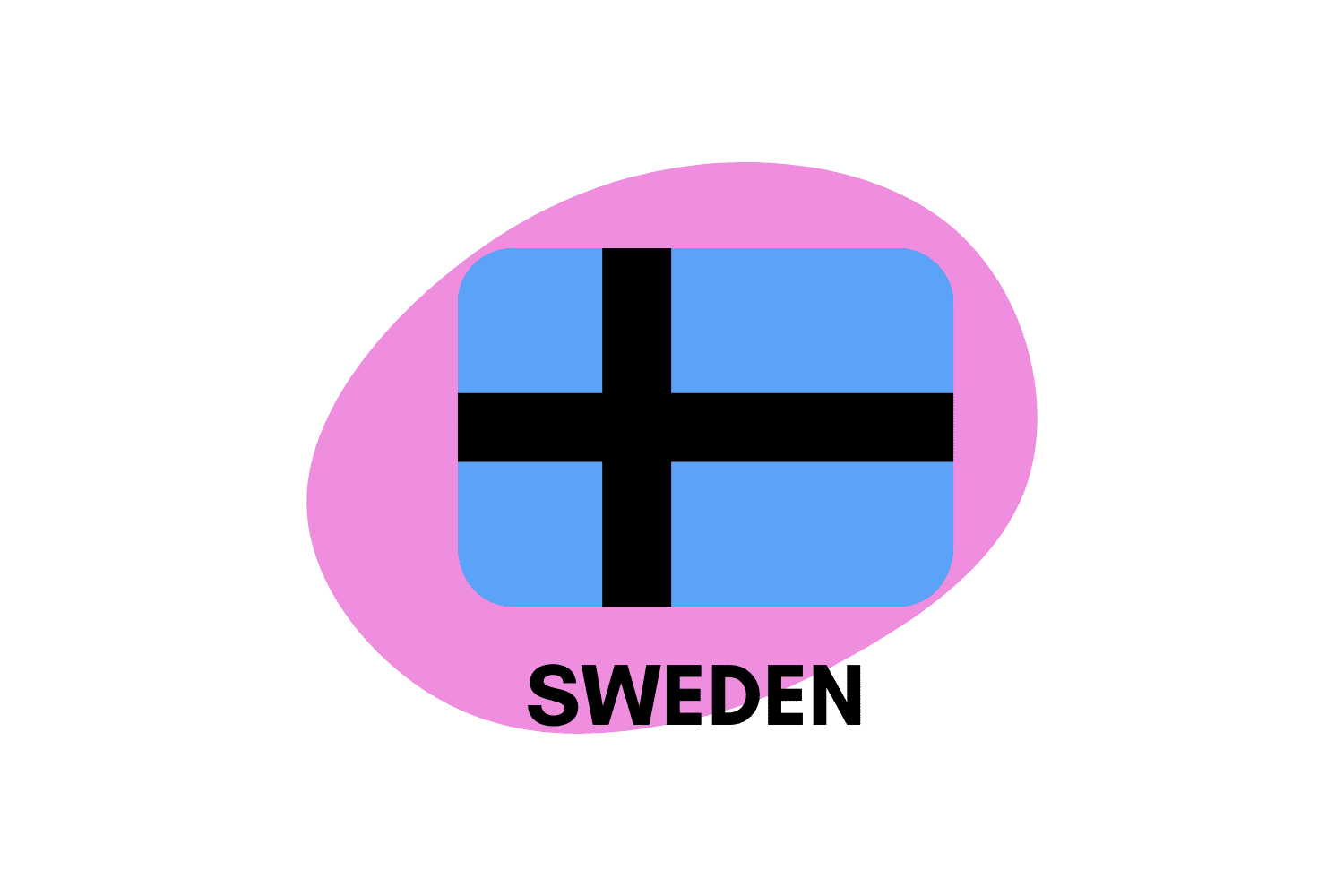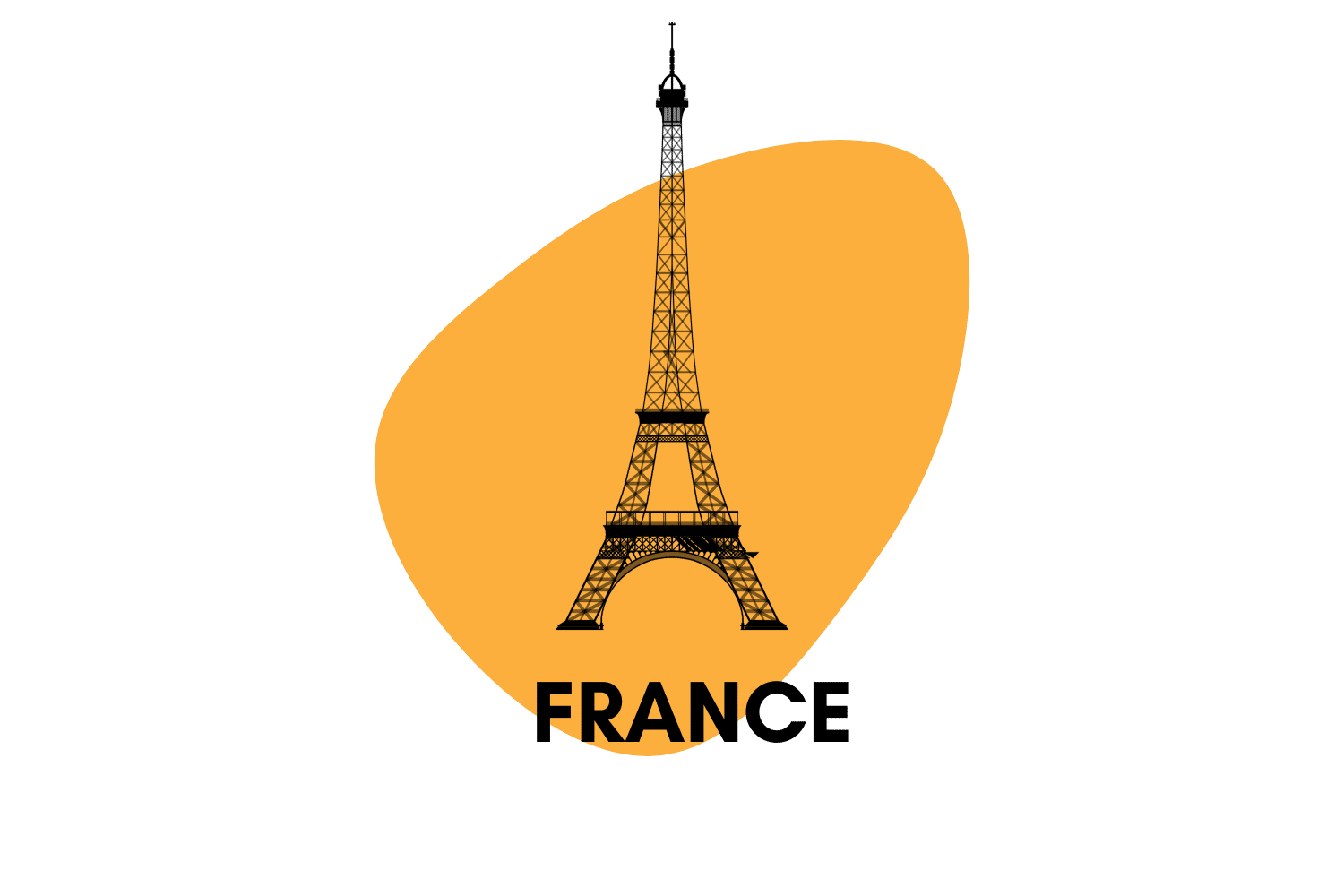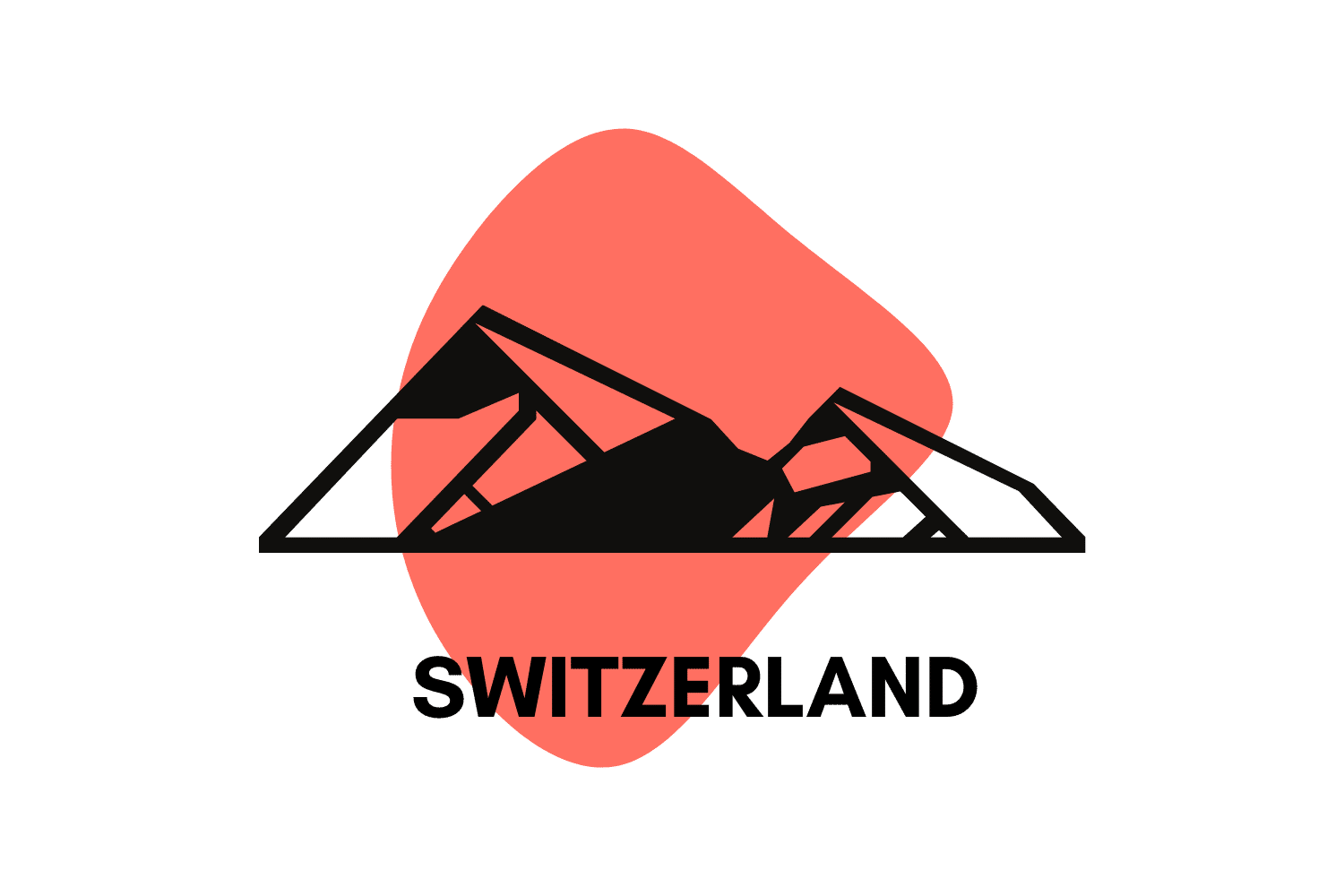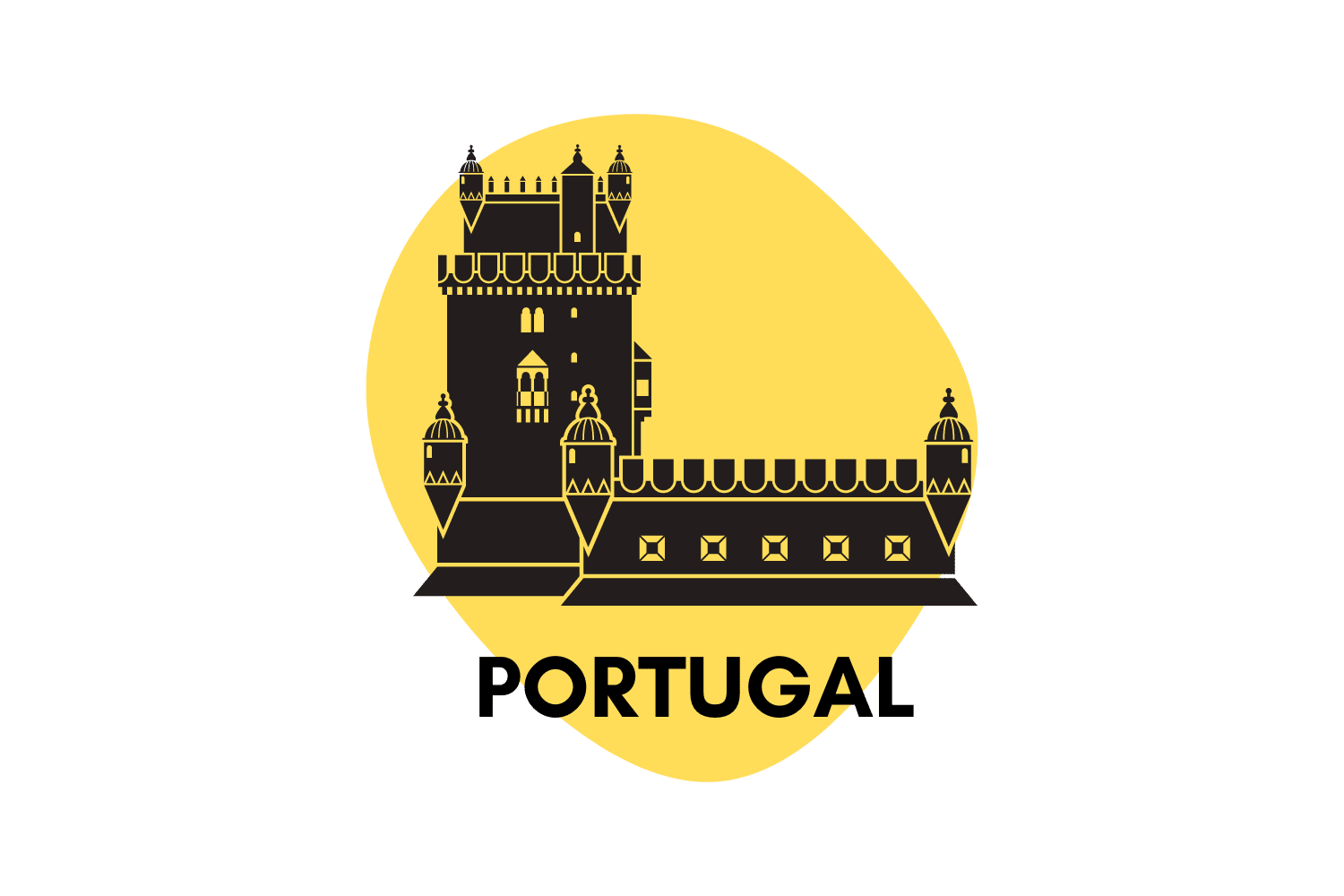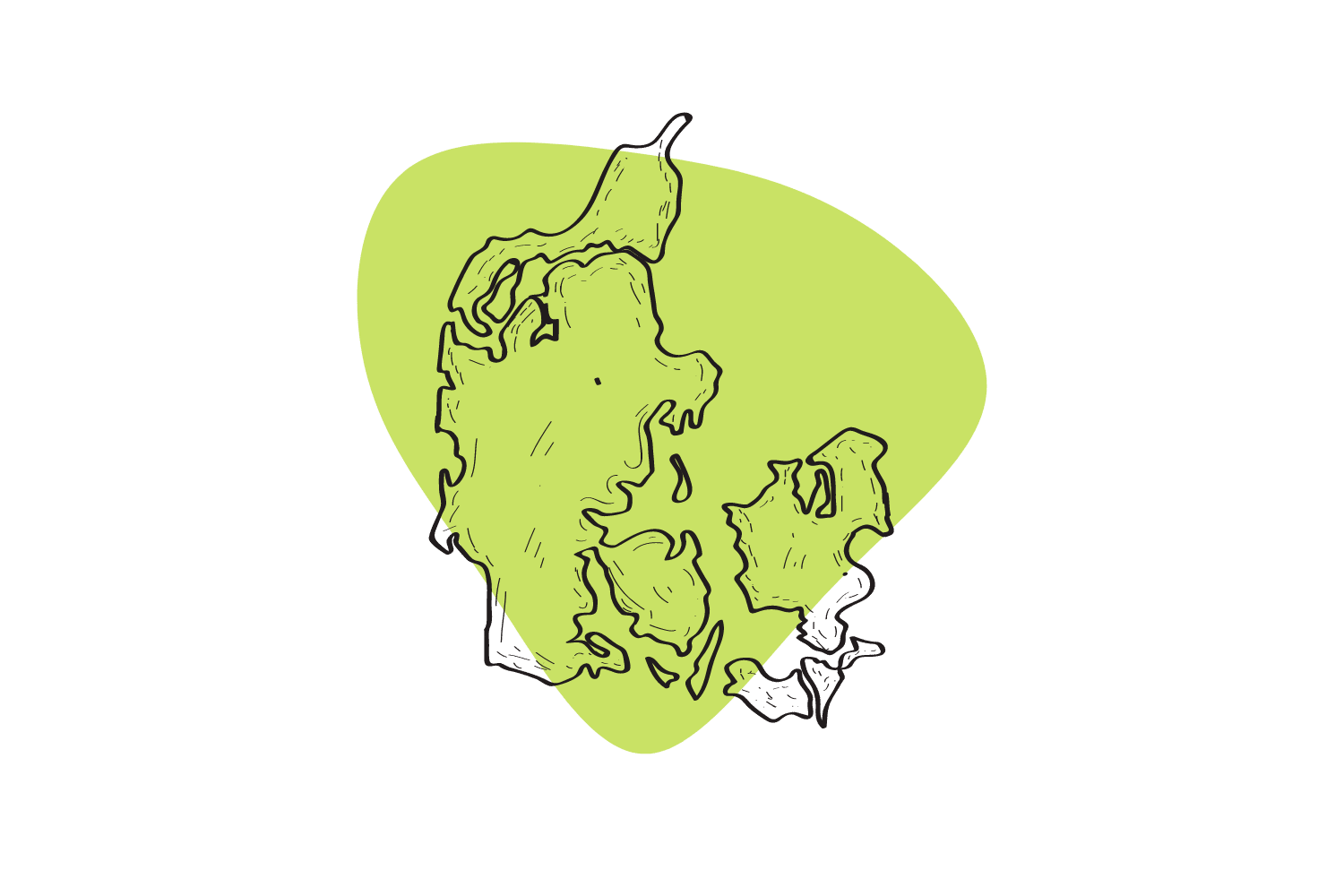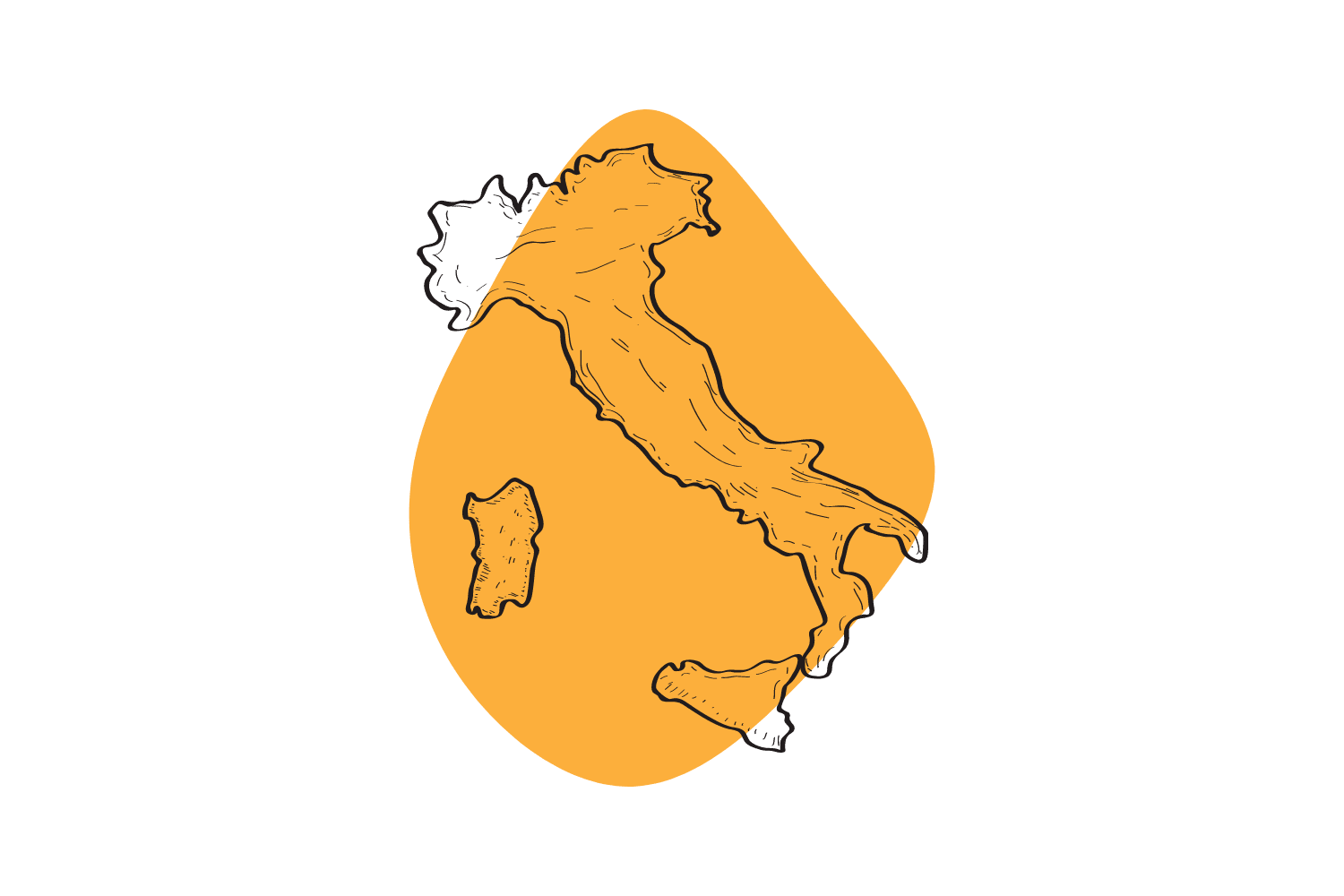Bosnia & Herzegovina: Psychedelics & the Law
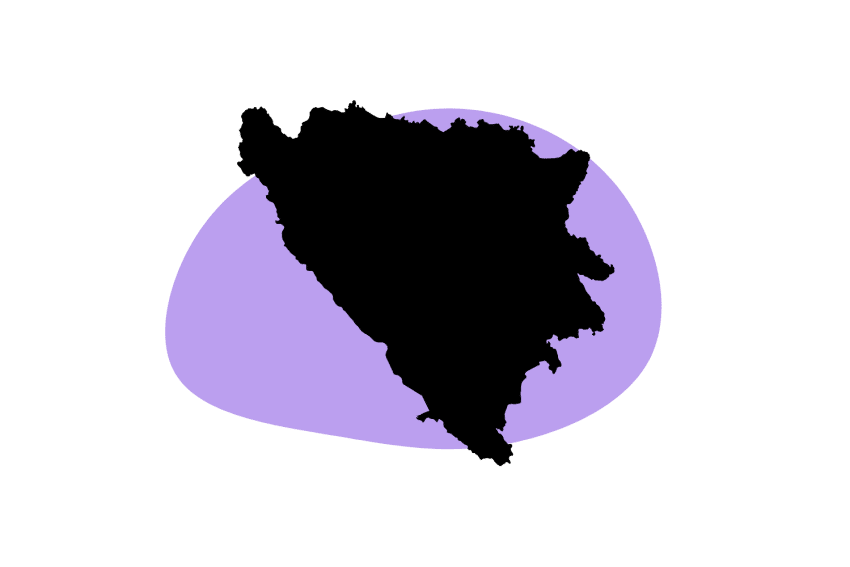
Bosnia and Herzegovina (BiH) has been on the verge of legalizing medical cannabis for a few years now, but it hasn’t quite happened yet.
The country doesn’t currently have a medical marijuana program but will likely establish one in upcoming years due to positive feedback from the public.
This article dives into the legal status of drugs like magic mushrooms, cannabis, LSD, and DMT in Bosnia and Herzegovina. We also include three common magic mushroom species that grow wild in this country.
Summary of Psychedelic Drug Laws in Bosnia and Herzegovina (BiH)
- Psychedelic drugs and plants used to produce psychedelics are illegal in Bosnia and Herzegovina.
- Under the Criminal Code of the Federation of Bosnia and Herzegovina and the Republic of Srpska, the unauthorized production, sale, distribution, and transport of narcotic drugs is punishable by imprisonment from one to ten years.
- In general, possessing small amounts of drugs is a non-criminal offense, and public use of drugs is punishable by a fine.
- Marijuana is illegal in BiH for both medical and recreational use. The country has passed a draft law that’s been awaiting final confirmation to legalize medical marijuana.
- A few species of wild magic mushrooms grow in Bosnia and Herzegovina, including Gymnopilus junonius, Psilocybe serbica, and Panaeolus cinctulus.
| Psychedelic | Legal Status | Punishment |
| Magic Mushrooms | Prohibited | Personal consumption is not a criminal offense, while possession might be in certain parts of its territory. |
| LSD | Prohibited | Personal consumption is not a criminal offense, while possession might be in certain parts of its territory. |
| DMT | Prohibited | Personal consumption is not a criminal offense, while possession might be in certain parts of its territory. |
| MDMA | Prohibited | Personal consumption is not a criminal offense, while possession might be in certain parts of its territory. |
| Ketamine | Prohibited | Personal consumption is not a criminal offense, while possession might be in certain parts of its territory. |
| Marijuana | Prohibited | Personal consumption is not a criminal offense, while possession might be in certain parts of its territory. |
The Complex Drug Laws In Bosnia & Herzegovina
The Federation of Bosnia and Herzegovina (FBiH) and the Republic of Srpska are highly autonomous with their legislative bodies, constitutions, governments, and laws against substance abuse.
The laws passed on the federal level apply to the country’s entire territory (BiH) unless stated otherwise. The laws passed by the Federation of BiH and the Republic of Srpska (the two political entities) apply to their separate territories. The Federation of BiH (one of the two entities) is divided into cantons and municipalities with respective constitutions and laws.
Minor offenses like personal use and consumption are unregulated at a state level.
For example, the BiH’s Criminal Code (Article 195) only mentions international drug trafficking in its provisions, while the Federation of BiH and the Republic of Srpska regulate personal use and consumption more closely. Personal use is also regulated in some of the cantons of the Federation separately.
The penalties for drug-related offenses are the same, regardless of the type of drug being used, found in possession, or distributed. The BiH law is based on two international conventions, including the Single Convention on Narcotic Drugs, 1961, and the International Convention on Psychotropic Substances, 1971.
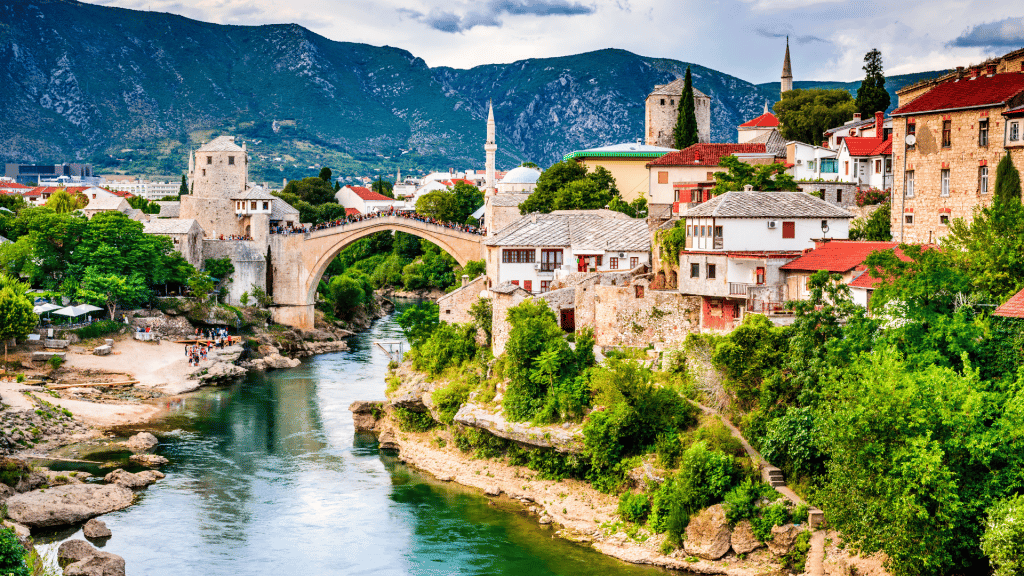
Are Magic Mushrooms Legal In Bosnia and Herzegovina?
No, magic mushrooms are illegal in Bosnia and Herzegovina.
Psilocybin is a Schedule I substance under the Bosnian List of Psychotropic Substances and Plants Used to Make Narcotic Drugs. Its production, sale, and distribution are prohibited under the country’s law and punishable by imprisonment of one to ten years.
If you are caught with magic mushrooms (personal possession) in the Federation of Bosnia and Herzegovina, the punishment is up to a year of imprisonment (Article 239, section 3) of The Criminal Code of the Federation of Bosnia and Herzegovina). Consumption of magic mushrooms on the territory of the Federation is not explicitly prohibited in its Criminal Code, but it’s banned in a few of its cantons.
Canton Sarajevo considers public consumption of magic mushrooms a misdemeanor punishable by a fine of €250-750.
Public consumption and possession for the personal use of magic mushrooms in the Republic of Srpska are reduced to a misdemeanor, punishable by a fine of up to €800 (Article 17 of the Law on Public Order and Peace of the Republic of Srpska).
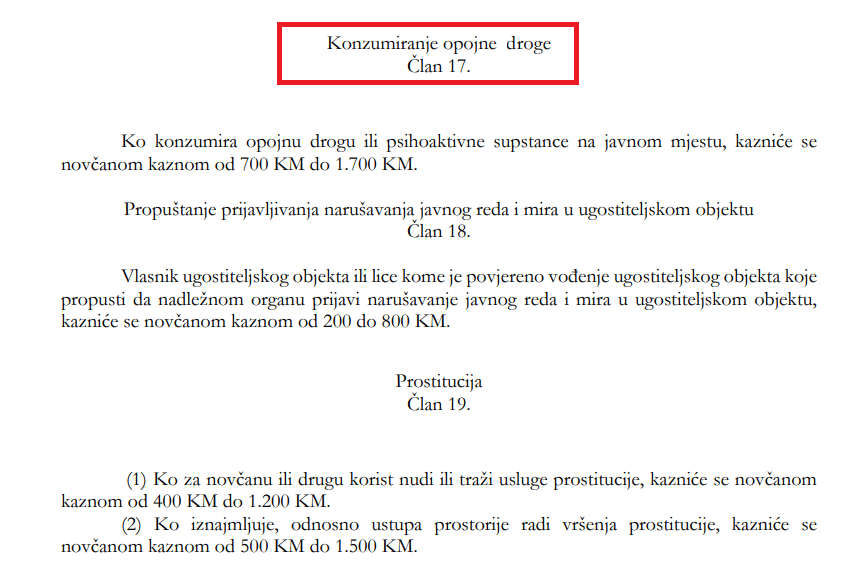
Pic. 1: Article 17 of the Law on Public Order and Peace of the Republic of Srpska on the consumption of narcotic drugs.
Psilocybin, the main active hallucinogen in magic mushrooms, remains illegal in most countries worldwide. But, research has shown the potential benefits of psilocybin for mental health conditions. That’s why the researchers at Johns Hopkins Medicine suggest this ingredient be reclassified from Schedule I to Schedule IV substance or a prescription drug.
Where to Buy Magic Mushroom Spores In Bosnia?
We don’t recommend buying magic mushroom spores in Bosnia and Herzegovina.
Spores don’t contain psilocybin and are non-psychotropic, so they are not explicitly prohibited in the country — but their cultivation is.
You might be able to source them from online stores, but you cannot cultivate them because you’ll be growing fungi that contain an illicit substance, or psilocybin. Production of plants and substances used to create illicit drugs is prohibited in the Federation of Bosnia and Herzegovina and the Republic of Srpska.
According to Article 207, section 5 of the Criminal Code of the Republic of Srpska, the unauthorized cultivation of any plant used to make a psychoactive substance — or one that contains a psychoactive substance — is also considered production and is punishable by imprisonment of one to ten years. The only exceptions are hemp and opium poppy, which can be cultivated for purposes determined by the law.
According to Article 238 (Section 3) of the Criminal Code of the Federation of Bosnia and Herzegovina, the unauthorized purchase of equipment, material, or substance that is knowingly used to create narcotic drugs will be punished with imprisonment of six months to a year. The unauthorized production of drugs is punishable by imprisonment of one to ten years (Article 238, section 1).
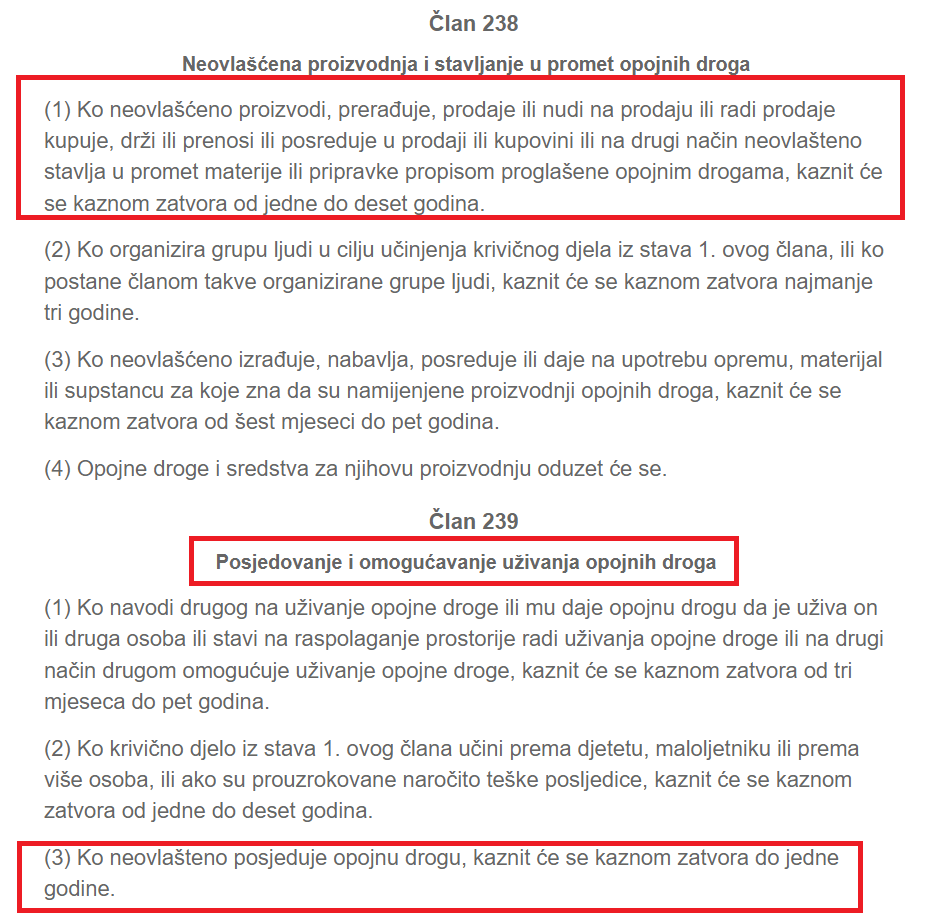
Pic. 2: Articles 238 and 239 of the Federation of Bosnia and Herzegovina on the production, cultivation, and possession of narcotic drugs.
Do Magic Mushrooms Grow Wild In Bosnia and Herzegovina?
Yes, magic mushrooms grow wild in Bosnia and Herzegovina. Here are a few mushroom species typical for the country:

Gymnopilus junonius
Gymnopilus junonius, also known as Gymnopilus spectabilis, is a bitter-tasting hallucinogenic mushroom with a smooth, orange-yellow cap. This mushroom grows July through October in solitary but very often in cespitose clusters.
Its ingestion leads to idle laughter and reckless behavior. G. junonius is saprobic — it feeds on decaying or dead organic matter. It typically grows on decaying confider wood and deciduous stumps and logs.
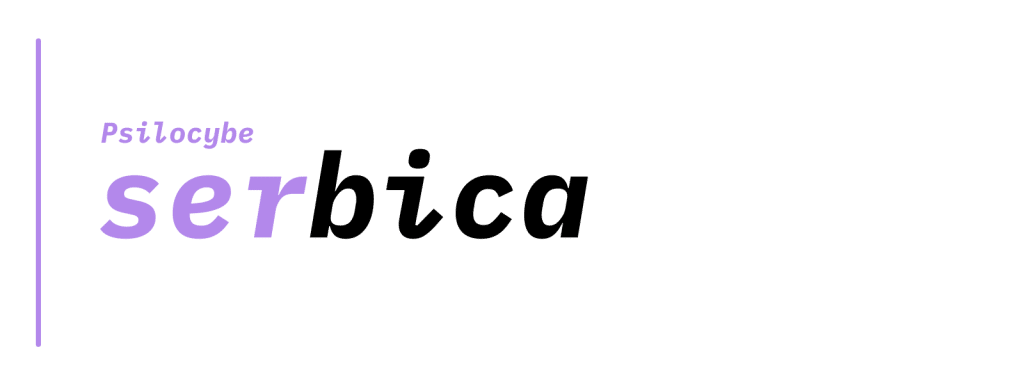
Psilocybe serbica
Psilocybe serbica is a common hallucinogenic mushroom for the Western Balkan area. This species contains psilocybin, psilocin, and baeocystin and can make you feel excited and giggly but also confused and overwhelmed.
Psilocybe serbica typically grows in groups among deciduous and coniferous wood. It also sprouts among Urtica spp. (Nettles), which thrive in damp, shaded soil and on compost, twigs, and moist places like forest paths and creeks.
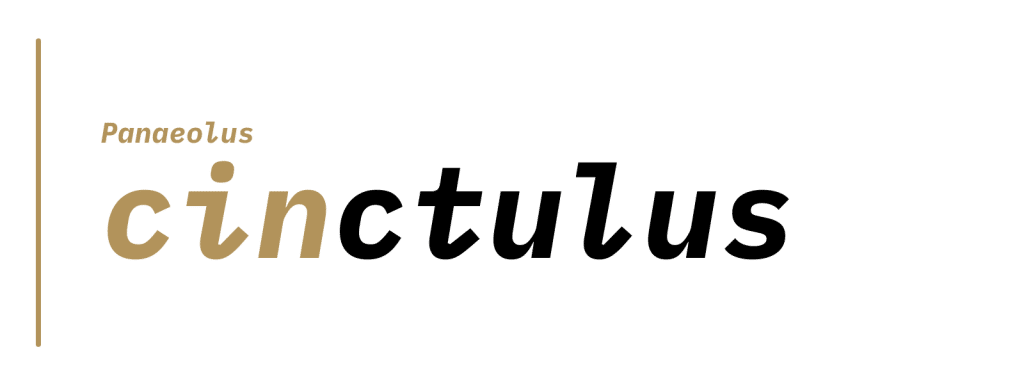
Panaeolus cinctulus
Panaeolus cinctulus is one of the most widely distributed, common psilocybin mushrooms that sprout in the spring, summer, and early fall. Also known as the banded mottlegill, this mushroom grows cespitose in dense clumps in fertilized, well-kept grassy areas. It can also be foundin horses or other kinds of dung, compost, rotting hay, and manured ground.
Related: Where Do Shrooms Grow? How to Find Magic Mushrooms In the Wild
Is LSD Legal in Bosnia?
No, LSD is illegal in Bosnia and Herzegovina.
LSD is a Schedule I substance under the Bosnian List of Psychotropic Substances and Plants Used to Make Narcotic Drugs. Its production, sale, and distribution are prohibited under the country’s law and punishable by imprisonment of up to 10 years. The punishment is more severe for offering LSD to minors (up to 15 years).
If you are caught with LSD for personal use in public on the territory of the Federation of Bosnia and Herzegovina (Article 239 of The Criminal Code of the Federation of Bosnia and Herzegovina), you can be charged with imprisonment of up to a year.
If caught with LSD in public in the Republic of Srpska, you can face a fine of up to 800 euros. (Article 17 of the Law on Public Order and Peace of the Republic of Srpska).
Is DMT Legal in Bosnia and Herzegovina?
No, DMT (dimethyltryptamine) is also illegal in Bosnia and Herzegovina.
DMT is a Schedule I Controlled Substance under the Bosnian List of Psychotropic Substances and Plants Used to Make Narcotic Drugs.
Article 195 of the BiH’s Criminal Code punishes the production, distribution, transportation, and sale of DMT with up to ten years of prison. Like with other drugs, possession for personal use of a small amount of DMT is a misdemeanor in the Republic of Srpska and can be punished with up to a year of imprisonment in the Federation of Bosnia and Herzegovina.
DMT, a potent plant-based hallucinogenic, is illegal in most countries around the world. The plant mixture that contains DMT, ayahuasca, and its smokable form, changa, are also prohibited substances in Bosnia.
Is MDMA Legal In Bosnia and Herzegovina?
No, MDMA is illegal in Bosnia and Herzegovina.
MDMA is a Schedule I Controlled Substance under the Bosnian List of Psychotropic Substances and Plants Used to Make Narcotic Drugs.
The Republic of Srpska punishes MDMA possession and use in public spaces as a misdemeanor. The unauthorized possession of MDMA in the Federation of Bosnia and Herzegovina is punishable by imprisonment of up to one year.
Because BiH keeps postponing legalizing medicinal cannabis, it’s unlikely that it will consider legalizing MDMA for therapeutic uses. MDMA is already used for psychedelic-assisted psychotherapy for PTSD in people who don’t respond to traditional treatment.
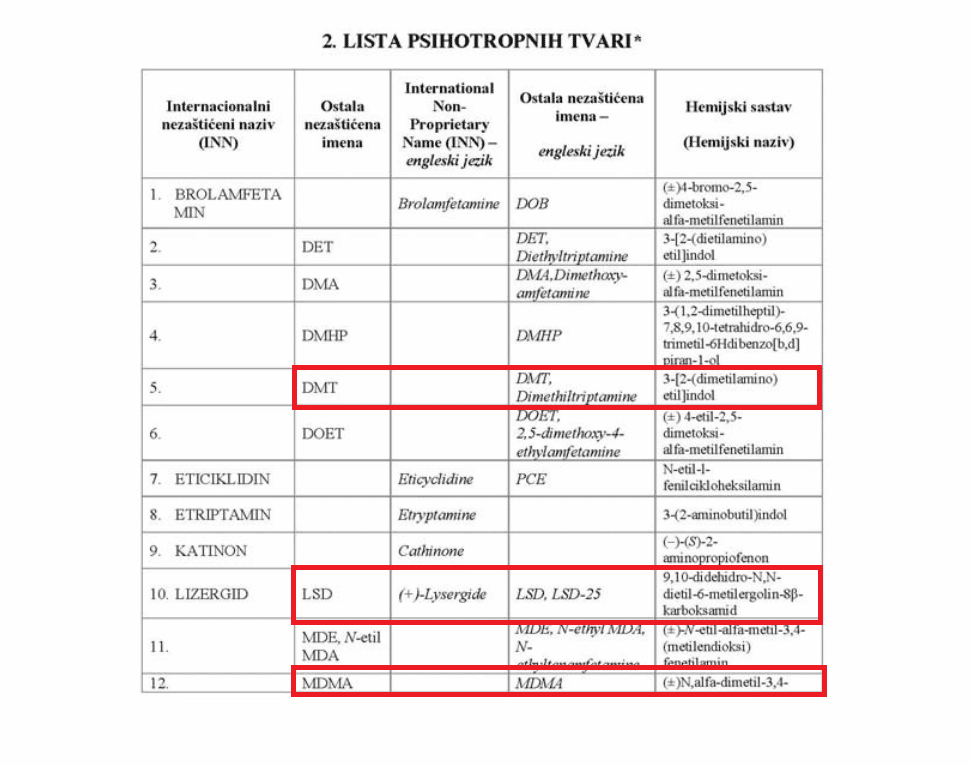
Pic. 3: DMT, LSD, and MDMA on the list of Schedule I prohibited psychotropic drugs and substances in Bosnia.
Is Ketamine Legal In Bosnia and Herzegovina?
Ketamine is only allowed in Bosnia and Herzegovina for medical use.
Ketamine is a Schedule II substance — or a drug under strict control — under the Bosnian List of Psychotropic Substances and Plants Used to Make Narcotic Drugs. So, possession and use of ketamine outside of its medically prescribed uses are not allowed in Bosnia.
This drug is a common anesthetic used in veterinary medicine, but research shows that it can act as a powerful remedy for mental health conditions in certain doses. Ketamine is legally used in clinics in the US for treatment-resistant depression and PTSD, but it will be a while until it’s available in BiH for mental health disorders.
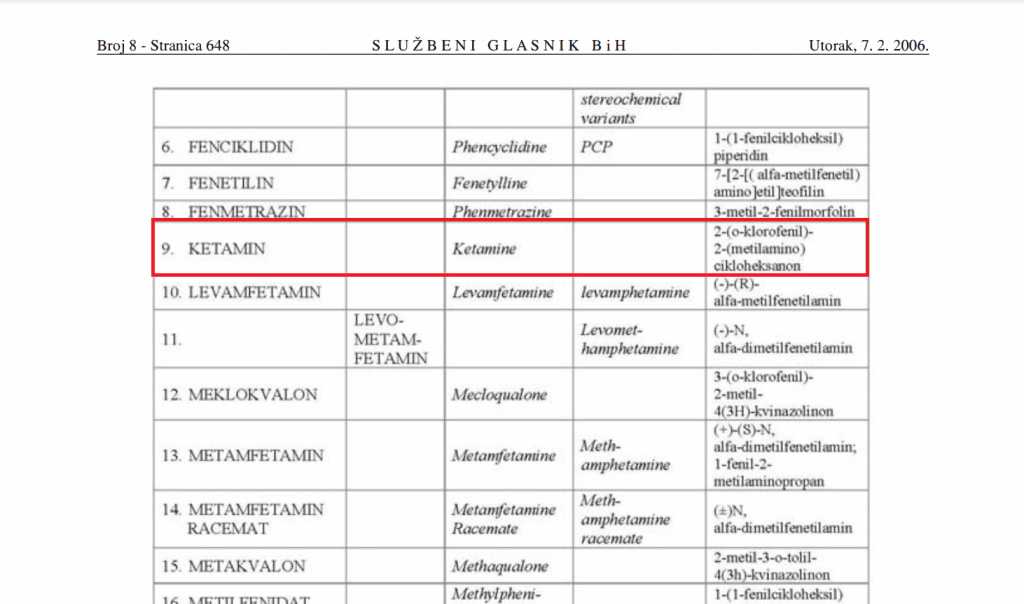
Pic. 4: Ketamine is a Schedule II substance in Bosnia and Herzegovina.
Is Marijuana Legal In Bosnia and Herzegovina?
No, marijuana is illegal in Bosnia and Herzegovina for both medicinal and recreational purposes.
According to the Bosnian Act on Prevention and Suppression of Drug Abuse, cannabis is a Schedule I substance and plant. The use, possession, cultivation, and distribution of cannabis (with over 0.2% THC) for medicinal (or any other) purposes is a criminal offense. Delta 8 THC, delta 10 THC, and other THC isomers are also considered Schedule I substances in Bosnia.
To legalize cannabis for medical purposes, the Council of Ministers needs to approve the proposal from the Commission for the Suppression of Narcotic Drug Abuse — which hasn’t happened yet.
Hemp is legal in the Federation of Bosnia and Herzegovina and the Republic of Srpska. Cultivation of hemp flower, though, is not permitted.
In the Federation, individuals are only allowed to grow hemp for industrial purposes like fiber and animal seeds production. Under Bosnian law, hemp is defined as Cannabis sativa L. with less than 0.2% tetrahydrocannabinol and is regulated by the Act on Prevention and Suppression of Narcotic Drug Abuse.
The Republic of Srpska, hemp or Cannabis sativa L. is regulated by the Narcotic Drugs Production and Trace Act and allows licensed individuals to cultivate the plant.
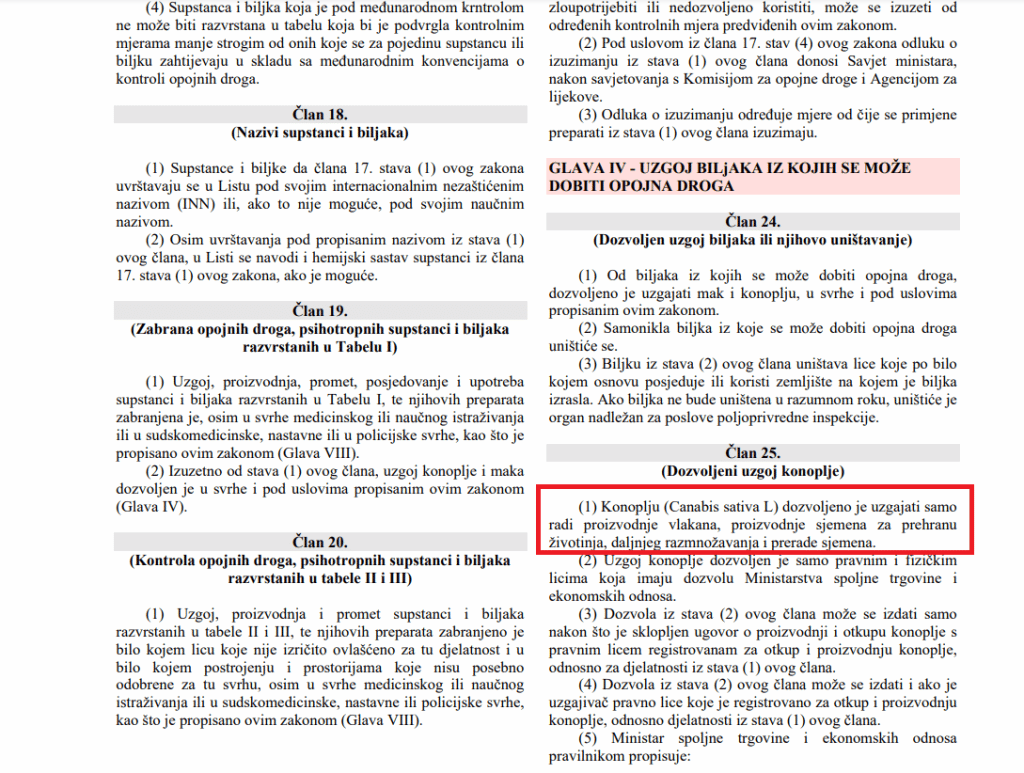
Pic. 5: Hemp is a legal plant in both Bosnian entities but can be used for limited purposes like fiber and seed.
What’s the Difference Between Legalization & Decriminalization?
Decriminalization doesn’t make a drug legal but significantly lowers the punishment for possessing small concentrations of the drug. Decriminalized drugs continue to be illegal to buy and sell, but getting caught with a small amount is typically punished as a misdemeanor. There is usually a penalty, but it’s typically reduced to a fine.
When a substance is legal, a set of measures around it allows its production, distribution, and sale without a penalty for the user. If you want to learn more, check out our article on the difference between decriminalization and legalization.
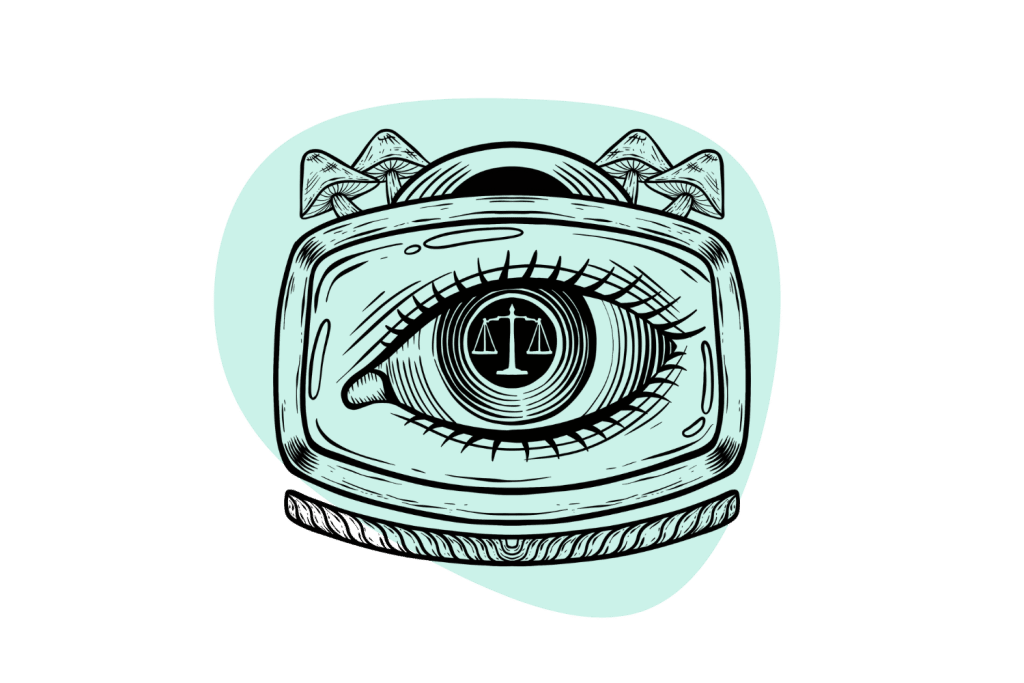
Key Takeaways: What’s the Future of Psychedelics In Bosnia and Herzegovina?
The future of psychedelics in Bosnia and Herzegovina will likely be slow-paced and begin with the legalization of medical cannabis. Hemp with 0.2% THC is legal to cultivate in Bosnia, but the country has no legislation on the production and distribution of CBD.
Psychedelics like DMT, MDMA, and LSD won’t be legalized in Bosnia and Herzegovina anytime soon. It’s too soon to talk about the legalization of psychedelics for medical purposes when the country is still in the process of accepting medical cannabis.

